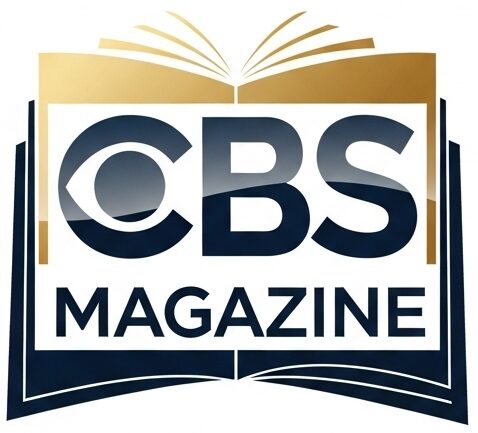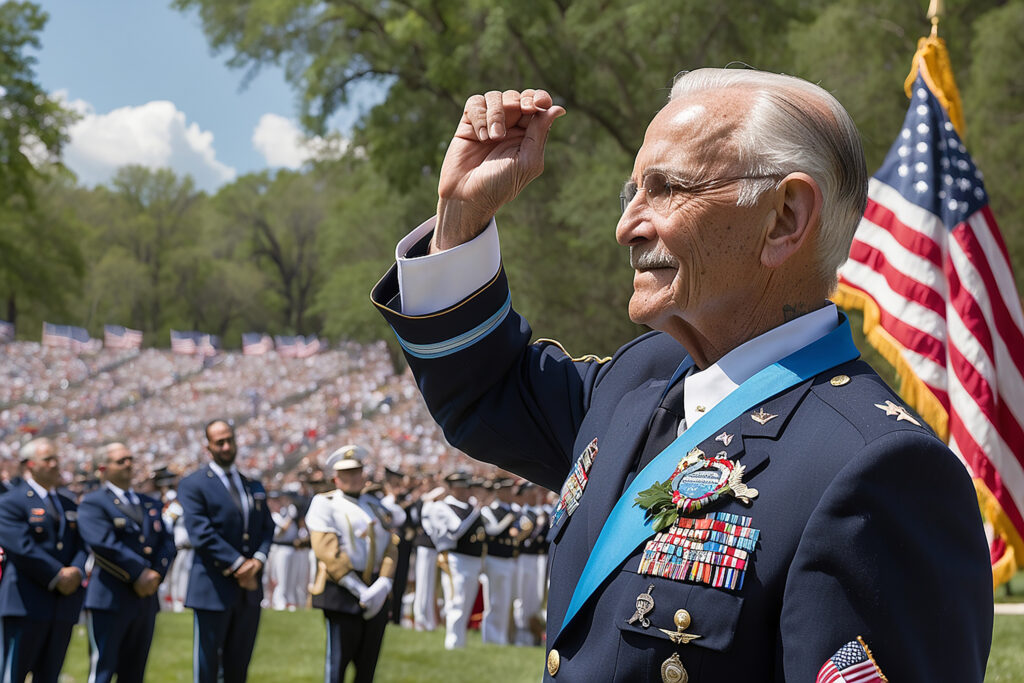Eight months into President Donald Trump’s second term, the U.S. Foreign Service faces unprecedented challenges, with over half of U.S. ambassadorships vacant and diplomats operating under fear due to new evaluation criteria emphasizing “fidelity” to the administration’s agenda. This situation has raised concerns about America’s global influence and the effectiveness of its diplomacy. Below is an in-depth look at the current state of U.S. embassies, the reasons behind the vacancies, and the broader implications for American foreign policy.
1. Widespread Vacancies in Ambassadorships
The U.S. currently has 110 out of 195 ambassadorial positions vacant, an unusually high number compared to previous administrations. More than 60 of these positions lack even a nominee, leaving embassies without Senate-confirmed leadership. This absence weakens America’s ability to communicate its foreign policy effectively, as acting ambassadors, often career diplomats, lack the authority and access to top leaders that confirmed ambassadors have. In some countries, diplomatic protocol means heads of state are less likely to engage with temporary envoys, reducing U.S. influence.
The vacancies stem partly from delays in the Senate confirmation process, with some Democrats placing holds on nominees. However, the Trump administration has also failed to nominate candidates for many posts, exacerbating the issue. For example, critical allies like Saudi Arabia and South Korea have gone without ambassadors for extended periods, limiting America’s ability to address pressing issues like Middle East tensions or North Korean threats.
2. The “Fidelity” Evaluation and Culture of Fear
A new policy introduced by Secretary of State Marco Rubio evaluates diplomats based on their “fidelity” to the administration’s objectives, a criterion that has sparked significant concern. Diplomats argue that their role already requires implementing the policies of the sitting administration, and those who cannot do so in good conscience typically resign. The “fidelity” standard is seen as a loyalty test, discouraging honest feedback and stifling creative policy ideas.
This has created a pervasive sense of fear, particularly at overseas posts. Diplomats report being reluctant to voice dissent, even internally, due to the risk of being fired or denied promotions. The American Foreign Service Association (AFSA) noted instances where diplomats were recalled from assignments after providing critical analysis or recommendations that leadership found unwelcome. One embassy reportedly instructed staff to discuss sensitive matters only face-to-face, amid rumors of keystroke spyware monitoring communications—claims the State Department denies.
3. Restructuring and Staff Reductions
The Trump administration has undertaken significant changes to the State Department, aiming to align it with an “America First” agenda. These changes include:
- Staff Cuts: Thousands of career diplomats, especially those focused on human rights and democracy promotion, have been pushed out, and numerous offices have been dismantled or downsized.
- New Priorities: The administration has shifted focus toward restrictive immigration policies, promoting U.S. businesses, and reducing emphasis on humanitarian aid and democracy promotion, which has strained relations with some allies.
- Simplified Policymaking: Rubio has streamlined the policymaking process, with decisions now made by a small White House group, sidelining the State Department’s regional bureaus and embassies.
These changes have left diplomats struggling to implement confusing or poorly communicated policies. For instance, an August 7, 2025, executive order on grant-giving caused confusion, with different bureaus issuing conflicting guidance.
4. Unqualified Appointments and Acting Roles
Many top State Department positions, such as undersecretaries and assistant secretaries, are filled on an acting basis, often by individuals with limited experience. In some cases, low-ranking diplomats perceived as loyal to Trump’s agenda have been placed in senior roles, bypassing more experienced career officials. This has been particularly contentious in the Middle East bureau, where political appointee Mora Namdar has reportedly favored loyalists over seasoned diplomats, causing frustration among staff.
The administration defends these choices, arguing that appointees are selected for their ability to advance Trump’s agenda. However, critics, including former Ambassador Ronald Neumann, warn that suppressing honest communication risks “avoidable dangers” in policymaking.
5. Impact on U.S. Global Influence
The lack of ambassadors and the culture of fear are undermining America’s diplomatic effectiveness. Embassies without confirmed ambassadors struggle to engage with host governments, particularly in regions like the Middle East and the Indo-Pacific, where China’s growing diplomatic presence contrasts with U.S. absences. Diplomats also report limited communication from Washington, leaving them unprepared to explain policy shifts to foreign counterparts.
The administration’s suspicion of the State Department as a “liberal stronghold” has driven efforts to reshape the Foreign Service into a smaller, less influential entity. This approach, combined with the high vacancy rate, risks ceding diplomatic ground to competitors like China, which maintains fully staffed embassies worldwide.
6. Concerns for the Future of the Foreign Service
Career diplomats worry about their future in a restructured Foreign Service. The administration’s actions, including an executive order to align the service with Trump’s priorities, have raised fears of further layoffs or embassy closures. Many diplomats are hesitant to apply for roles in Washington, where staff cuts have been concentrated, and specialties like human rights are deprioritized.
The traditional “dissent channel,” meant to allow diplomats to voice concerns without reprisal, is reportedly underused due to fears of retaliation. AFSA has urged members to obtain professional liability insurance and be cautious in communications, highlighting the precarious environment.
7. Senate and Administration Efforts
Recent progress in confirming nominees offers some hope. On September 18, 2025, lawmakers approved a handful of ambassadorial candidates, and the administration is pushing for faster confirmations. However, with over 60 positions still without nominees, filling all vacancies will take time. The administration’s rapid nomination pace—60 nominees in the first 100 days—outstrips previous administrations, but the backlog remains significant.
8. Broader Implications
The current state of U.S. embassies reflects a broader tension between Trump’s desire for loyalty and the traditional role of the Foreign Service as an independent, professional institution. While Rubio aims to centralize the State Department’s role in policymaking, the lack of experienced leadership and open communication channels risks poor decision-making and diminished global influence.
Diplomats feel resigned, with many choosing to follow orders rather than risk their careers. This shift could have long-term consequences, weakening the Foreign Service’s ability to attract talent and maintain America’s diplomatic strength.






















